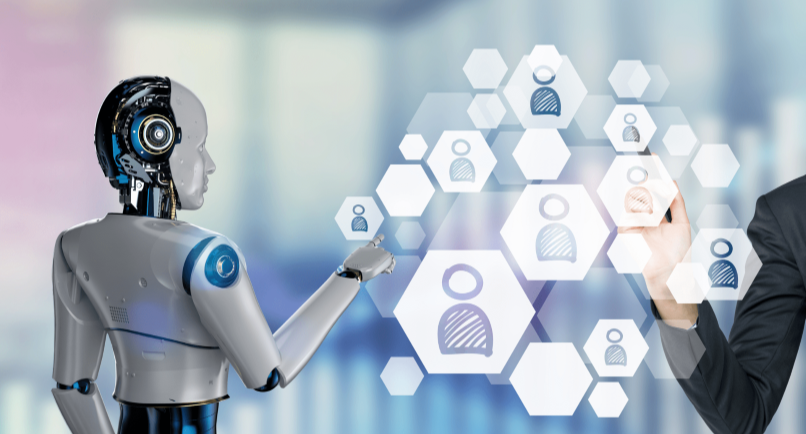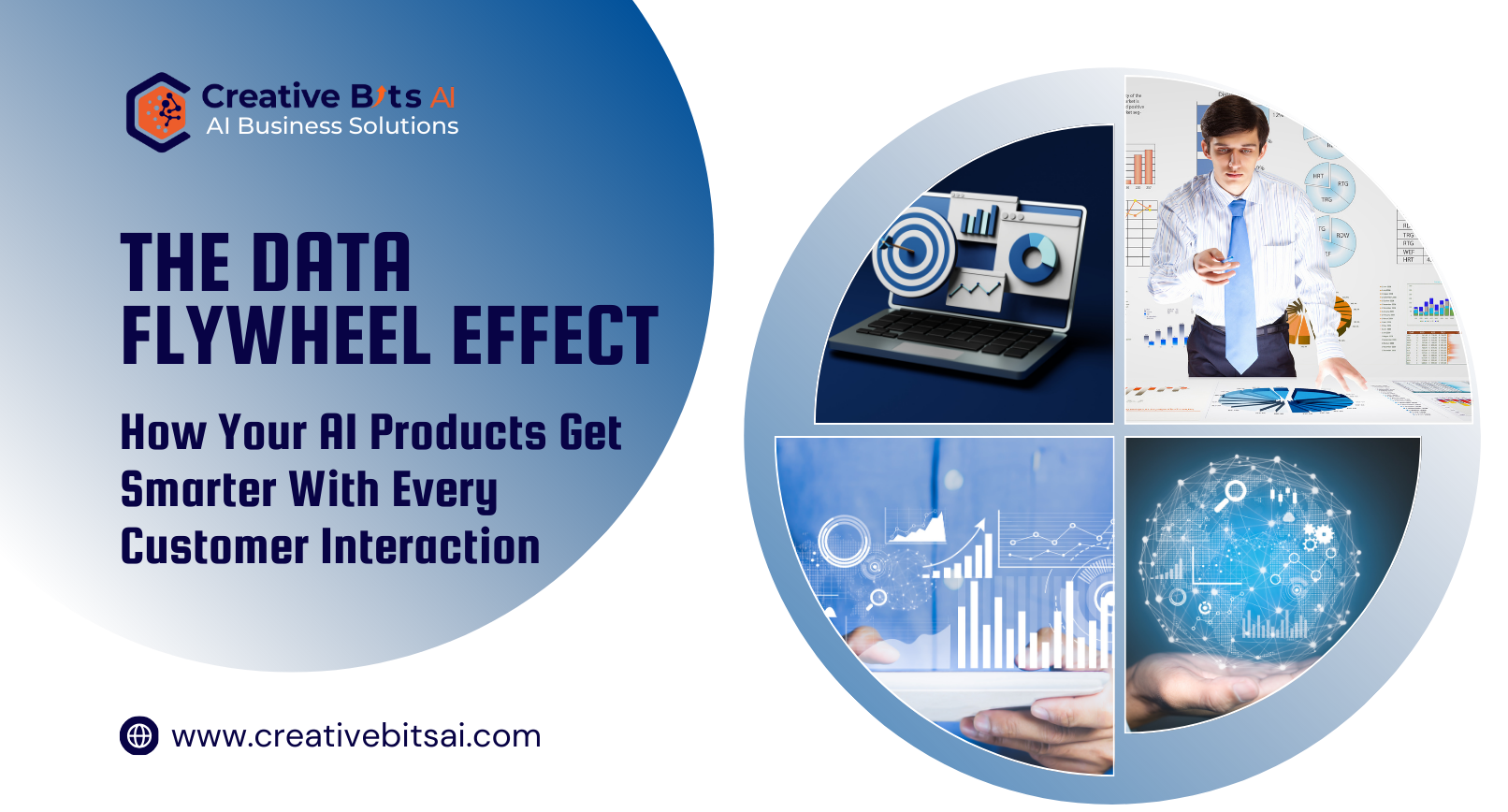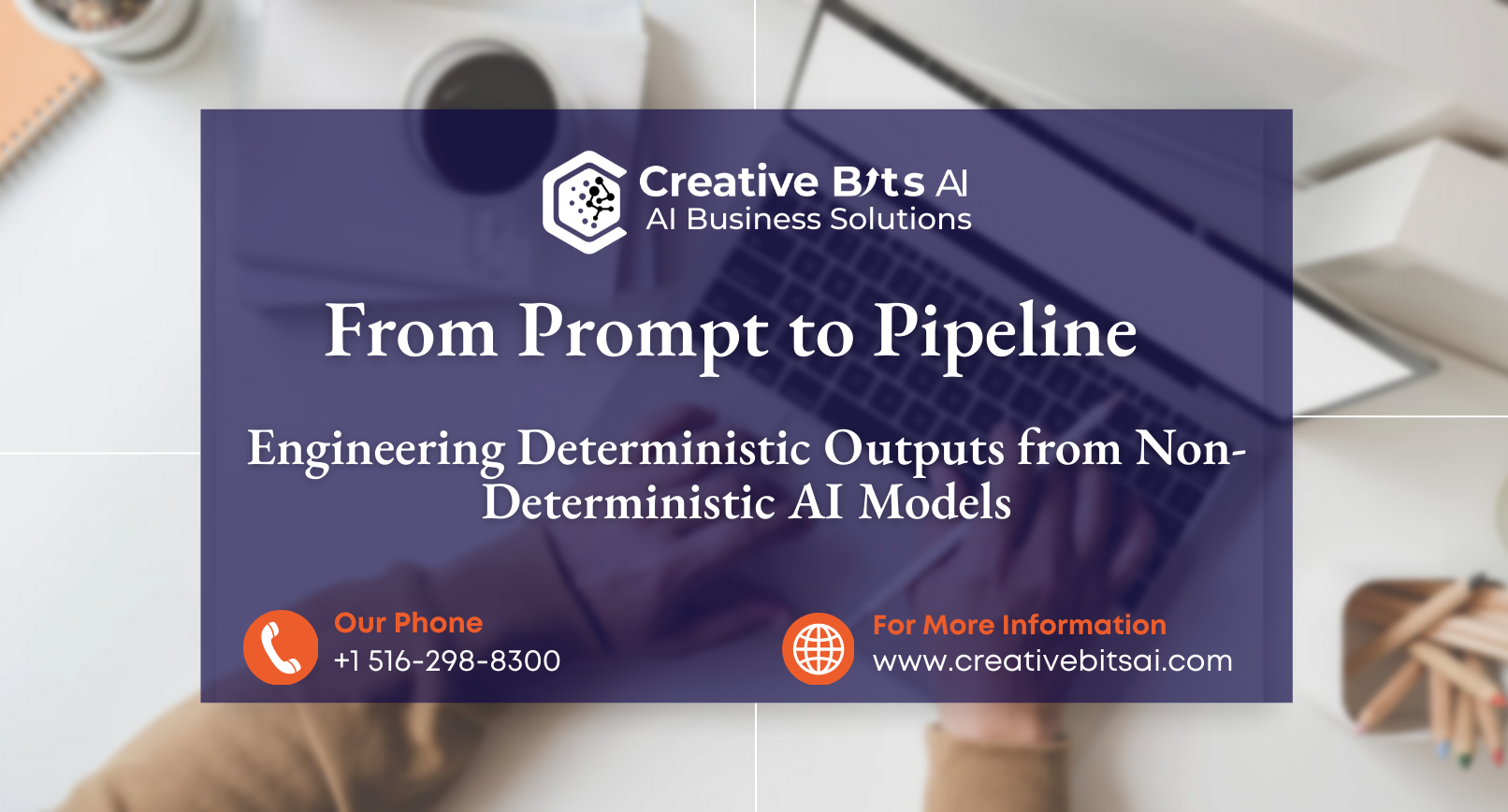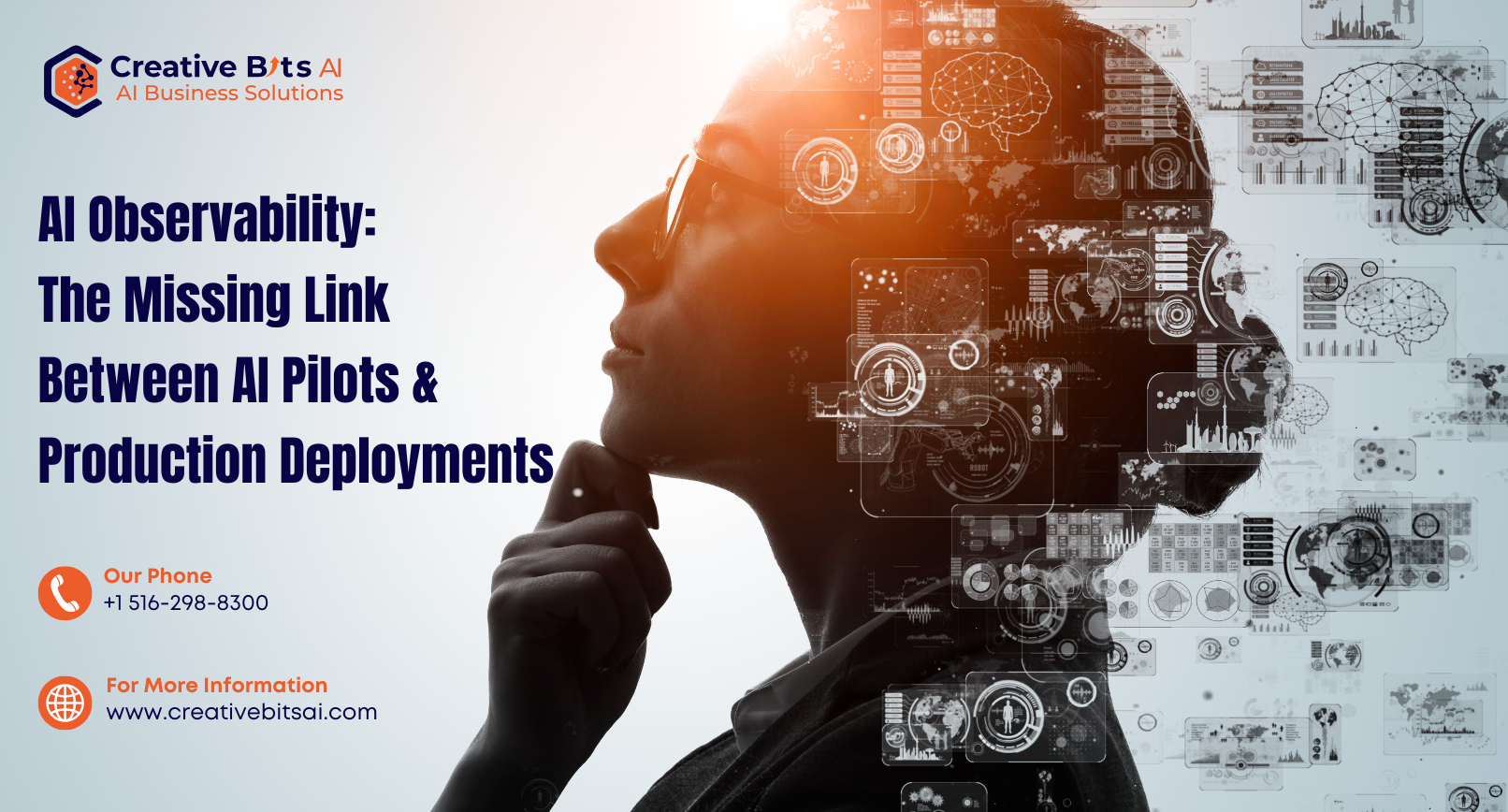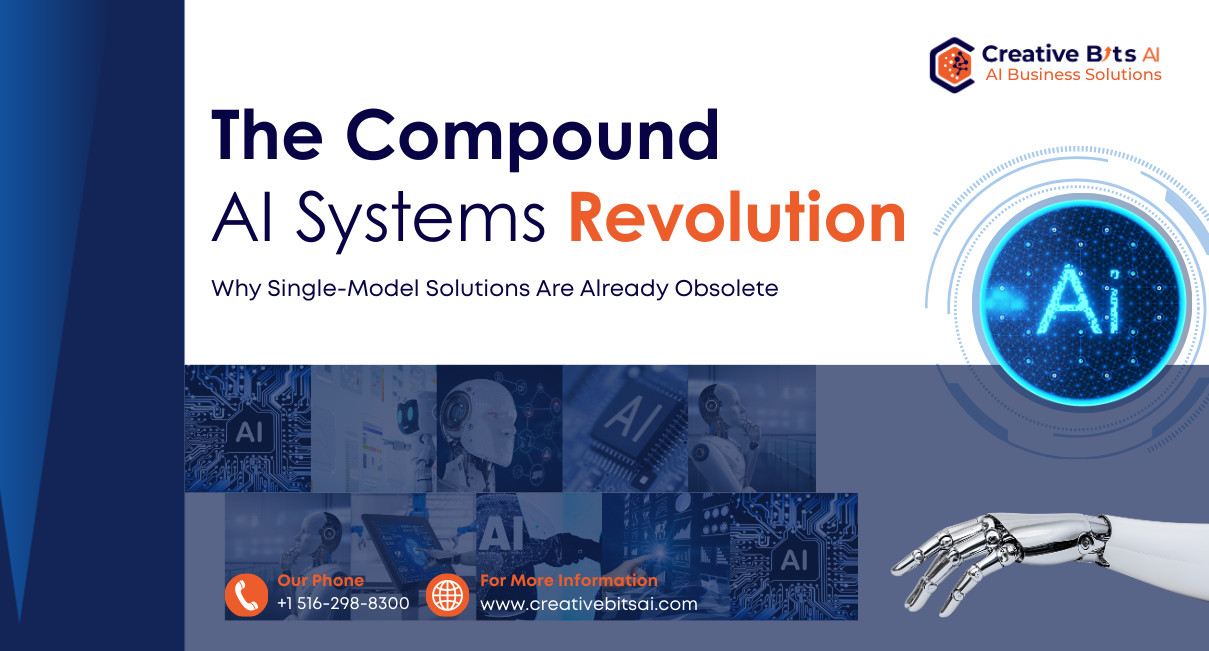Organizations are continuously looking for creative methods to draw in, keep, and manage top talent in an increasingly competitive labor market. Artificial Intelligence (AI) is revolutionizing people acquisition and management by providing cutting-edge solutions that improve employee engagement, expedite hiring procedures, and maximize staff scheduling. This article explores how artificial intelligence (AI) is transforming talent acquisition and management, emphasizing its uses, advantages, and prospects.
Introduction to AI in Talent Management
Talent management is changing as a result of AI’s integration with HR, making it possible to take more data-driven, streamlined, and customized methods. Organizations may optimize workforce planning, increase recruitment outcomes, and improve employee experiences by utilizing artificial intelligence (AI) technology like machine learning, natural language processing, and predictive analytics to improve their personnel management strategies. Artificial intelligence (AI) tools are revolutionizing the way businesses approach personnel acquisition and management by analyzing large volumes of data, finding trends, and offering actionable insights. This makes the HR department more responsive and nimble while also assisting HR professionals in making better decisions.
Enhancing Recruitment with AI
AI greatly enhances the hiring process by automating and optimizing every step of the process, from posting jobs to choosing candidates. Here’s how AI is improving hiring:
- Resume Screening and Shortlisting: Natural language processing (NLP) is a technique used by AI-powered resume screening software to evaluate resumes and match applicants with job criteria. By identifying essential abilities, credentials, and work history, these tools can weed out unfit applicants and cut down on the amount of time spent reviewing resumes by hand.
- Candidate Sourcing and Engagement: To find possible candidates, AI algorithms can examine job boards, professional networks, and social media profiles. Artificial intelligence (AI)-powered chatbots may communicate with candidates, respond to their questions, and set up interviews, making the application process more effective and engaging.
- Bias Reduction in Hiring: AI might lessen unconscious bias in hiring by assessing applicants according to objective standards rather than subjective ones. This encourages a more inclusive and varied recruiting process and guarantees that each applicant will receive an equal evaluation.
Optimizing Employee Experience with AI
AI enhances the employee experience by providing personalized and data-driven insights that improve engagement, performance, and development. Key areas where AI contributes include:
- Personalized Learning and Development: AI-driven learning platforms may analyze employees’ abilities, performance, and career goals to offer individualized training programs and development opportunities. This guarantees that employees receive relevant and targeted learning experiences that fit with their professional aspirations.
- Employee Engagement and Well-being: Through the examination of social interactions, feedback forms, and communication patterns, artificial intelligence (AI) systems may track employee mood and engagement levels. Insights acquired from these assessments can help HR teams identify possible concerns and execute solutions to promote employee satisfaction and well-being.
- Performance Management: AI can assist in performance management by providing real-time feedback and predictive insights. AI-powered tools can analyze performance data to identify trends, predict potential performance issues, and offer recommendations for improvement. This enables a more proactive and data-driven approach to performance management.
AI in Workforce Planning and Optimization
AI plays a crucial role in workforce planning and optimization, helping organizations align their talent strategies with business goals. Key applications include:
- Predictive Analytics for Workforce Planning: AI-driven predictive analytics can forecast future workforce needs based on factors such as business growth, market trends, and employee turnover. This helps organizations plan for future talent requirements and make informed decisions about hiring, training, and development.
- Talent Pool Management: AI tools can analyze talent pool data to identify high-potential candidates, assess skill gaps, and create talent pipelines. This ensures that organizations have access to a pool of qualified candidates ready to fill critical roles as needed.
- Dynamic Workforce Allocation: AI can optimize workforce allocation by analyzing project requirements, employee skills, and availability. This enables organizations to assign the right resources to the right projects, improving efficiency and productivity.
AI-Driven Employee Retention Strategies
Organizations face a major difficulty in trying to retain top people, and artificial intelligence (AI) can offer insightful information and useful tactics to help:
- Predictive Retention Models: AI is capable of analyzing employee data to find trends and warning signs of impending turnover. Predictive models can identify employees who are most likely to leave and recommend specific measures to increase employee retention.
- Personalized Career Pathing: AI-powered career pathing solutions can assist staff members in determining and organizing their future career paths within the company. Organizations can improve employee happiness and lower turnover by helping employees match their career aspirations with the possibilities that are available to them.
- Tailored Incentives and Recognition: Even though AI has many advantages for managing and acquiring personnel, there are some issues and concerns that businesses need to take into account: Artificial intelligence (AI) can evaluate worker performance and preferences to suggest tailored rewards and recognition schemes. This guarantees that incentives and acknowledgement are pertinent and in line with each worker’s personal driving forces.
Challenges and Considerations
Even though AI has many advantages for managing and acquiring personnel, there are some issues and concerns that businesses need to take into account:
- Data Privacy and Security: AI systems frequently rely on private employee data, which raises privacy and security issues. To protect employee information, organizations need to make sure AI systems adhere to data protection standards and have strong security mechanisms in place.
- Integration with Existing Systems: It can be difficult to integrate AI tools with current HR procedures and systems. To optimize the efficacy of AI solutions, organizations must guarantee a smooth integration with their existing systems and workflows.
- Ethical Use of AI: To maintain justice and transparency in talent management, ethical AI use is essential. To guarantee that decisions made with AI are impartial and morally sound, organizations need to address any potential biases in AI systems.
Future Trends in AI and Talent Management
AI technology will have a greater impact on talent management as it develops. Among the anticipated trends are:
- Enhanced AI Capabilities: Artificial intelligence (AI) technological advancements will result in more advanced talent management tools and solutions that provide deeper insights and more precise forecasts.
- Increased Integration with HR Tech: AI and HR tech will combine more, resulting in smoother and more effective talent management procedures.
- Greater Focus on Employee Experience: AI will be essential to improving the work experience for employees, emphasizing well-being, career growth, and individualized learning.
Conclusion
Leveraging AI technologies, organizations can attract and retain top talent, improve employee experiences, and drive business success. As AI continues to advance, its role in shaping the future of work will become even more significant, making it an essential component of modern talent management strategies. AI is revolutionizing talent acquisition and management by offering advanced solutions that streamline recruitment processes, enhance employee engagement, and optimize workforce planning.
